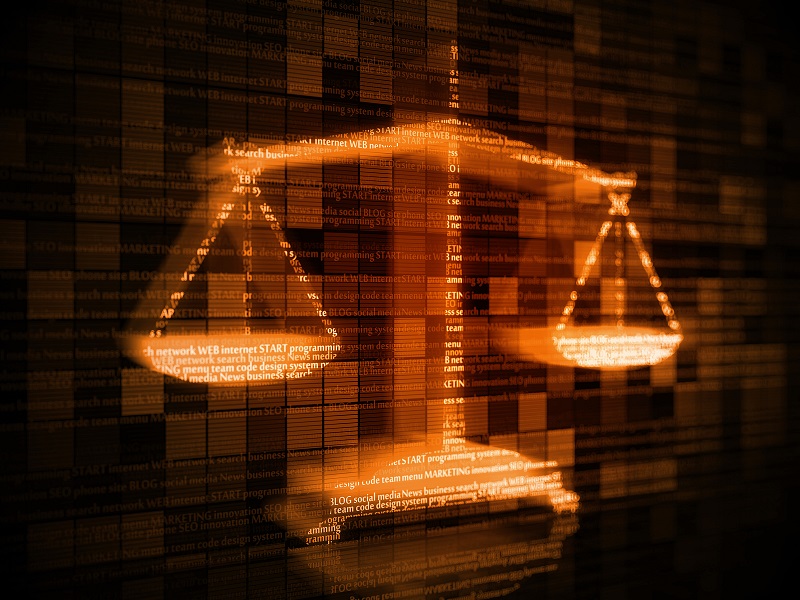New reforms bring further digital efficiency to Spain's judicial proceedings
Published on 25th January 2024
The digitalisation and streamlining of Spain's administration of justice continues but loopholes still need be addressed

The Spanish Royal Decree-Law 6/2023 has implemented significant changes to the Spanish Civil Procedure Act, which, as a general rule, has mandated the use of online platforms to conduct judicial procedures. The main objectives of this legal text are to modernise the Spanish justice system and ensure that the administration of justice is technologically up to date.
On 20 December 2023, the regulation was published in the Official State Gazette. Congress approved it in January 2024, introducing several procedural changes.
Significant developments mainly revolve around the area of digital efficiency, including telematic hearings, non-face-to-face events and services, secure access points and sites, and justice folders and judicial electronic records.
Telematic hearings
The reform has made telematic hearings a standard practice for all procedural acts. However, interrogating parties, witnesses and experts will still require their physical presence, except if they live in a different municipality.
Non-face-to-face events and services
In general, all procedural communication will be done electronically, except in cases where natural persons not represented by a court agent have the option to choose between paper or electronic communication.
Secure access points and sites
To ensure adherence to procedural principles, it is necessary that telematic judicial interventions take place from a "secure access point" and a "secure site".
Access points that ensure security must comply with the regulations set by the State Technical Committee for e-Judicial Administration. The system should enable safe communications and information protection while ensuring the identification of the involved parties. This approach guarantees the proceedings' integrity, interoperability, confidentiality, and availability.
"Secure locations" must fulfil specific requirements, such as having "secure access point" devices or ensuring the identities of the interveners and the autonomy of their intervention.
Additionally, institutions responsible for non-face-to-face proceedings and services must provide judicial and public prosecutor offices with the necessary technical means mandated by law.
'Justice folders' and judicial electronic records
The Justice Folder is an online platform that aims to improve access to justice and provide personalised legal attention. The platform incorporates features like the electronic judicial file, which serves as a digital copy of all the documents, formalities and recordings within the proceedings. The digital copy is accessible at any time and from any place, allowing interested parties to review the proceedings, check the status of their cases and keep up to date with any communication related to their cases.
This service is currently in its experimental stage and is expected to be accessible through the appropriate digital court offices.
Osborne Clarke comment
Royal Decree-Law 6/2023 has been introduced to initiate a shift towards a more digitalised and streamlined administration of justice. The initiative to update and regulate the use of communication and data technologies in the judicial system is commendable.
However, the reform still has some significant loopholes that must be addressed. It requires additional work from the State Technical Committee on e-Judicial Administration, among other things.





